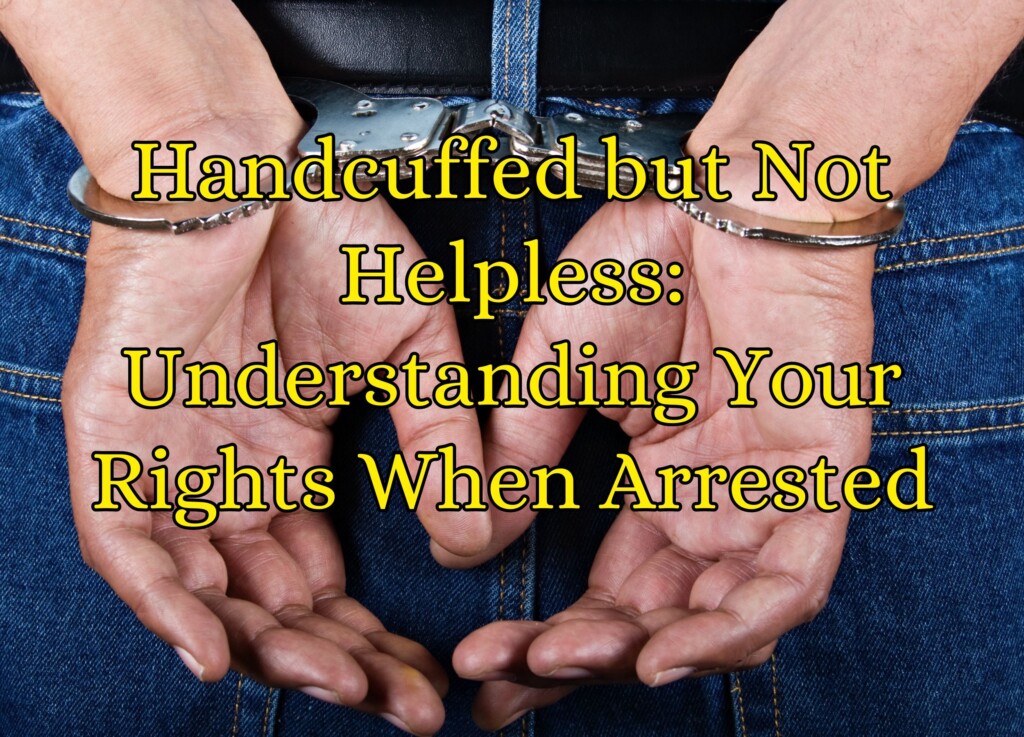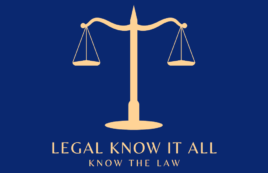The Moment of Truth: You’re Arrested, Now What?
So, the flashing lights are in your rearview, and you hear those dreaded words, “You’re under arrest.” Your heart’s pounding, but don’t lose your cool. Knowing your rights at this moment is crucial. First off, you have the right to remain silent. Anything you say can and will be used against you, so zip it.

Lawyer Up: The Right to Legal Representation
You’ve seen it on TV a million times: “You have the right to an attorney.” Well, it’s not just a line; it’s the law. If you can’t afford one, the court will appoint a public defender for you. But remember, you have to explicitly ask for an attorney; they won’t just offer one up.
Search and Seizure: What Can They Look Through?
Cops can’t just go rummaging through your stuff without good reason. They need either your consent, a search warrant, or some kind of probable cause. Know your rights and don’t consent to a search unless they’ve got that warrant in hand.
The Booking Process: Fingerprints and Mugshots
After the arrest, you’ll be taken to the station for booking. This is where they’ll take your fingerprints, mugshot, and personal information. It’s all pretty standard, but remember, you still have rights. You can still remain silent during this process, and you should.
Bail and Bond: Getting Out Before Trial
Once you’re booked, the next step is figuring out how to get out of the slammer. This usually involves bail—a set amount of money you pay as a guarantee that you’ll show up for court. If you can’t afford it, you might be able to use a bail bondsman, but be careful; they’ll charge a fee.
The Courtroom Drama: Your Day in Court
Eventually, you’ll have your day in court. You’ll either plead guilty or not guilty, and if it’s the latter, you’ll go to trial. This is where your lawyer earns their keep. They’ll argue your case, present evidence, and cross-examine witnesses. It’s a high-stakes game, but knowing your rights can make all the difference.
The Aftermath: Conviction or Acquittal
So the gavel has fallen, and you’re either convicted or acquitted. If it’s the former, you’ll face sentencing, which could range from fines to jail time. If it’s the latter, you’re free to go, but the arrest might still show up on background checks, so be aware of that.
Expungement: Can You Erase the Arrest?
In some cases, you might be able to get the arrest expunged from your record, especially if you were acquitted or the charges were dropped. This isn’t a given, though; you’ll need to petition the court and it’s up to them to decide.
There you have it, a rundown of what to expect and how to protect your rights if you get arrested. It’s a tough situation, but knowledge is power.
As an Amazon Associate we earn from qualifying purchases through some links in our articles.




